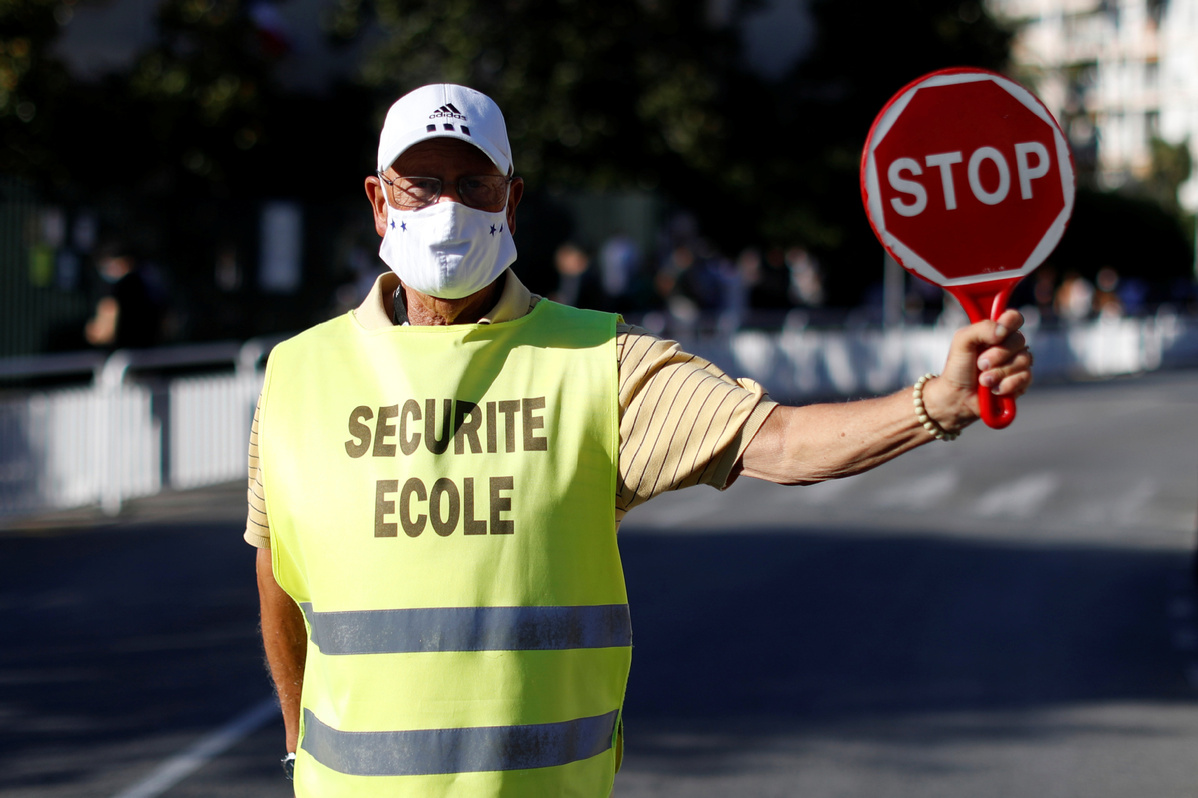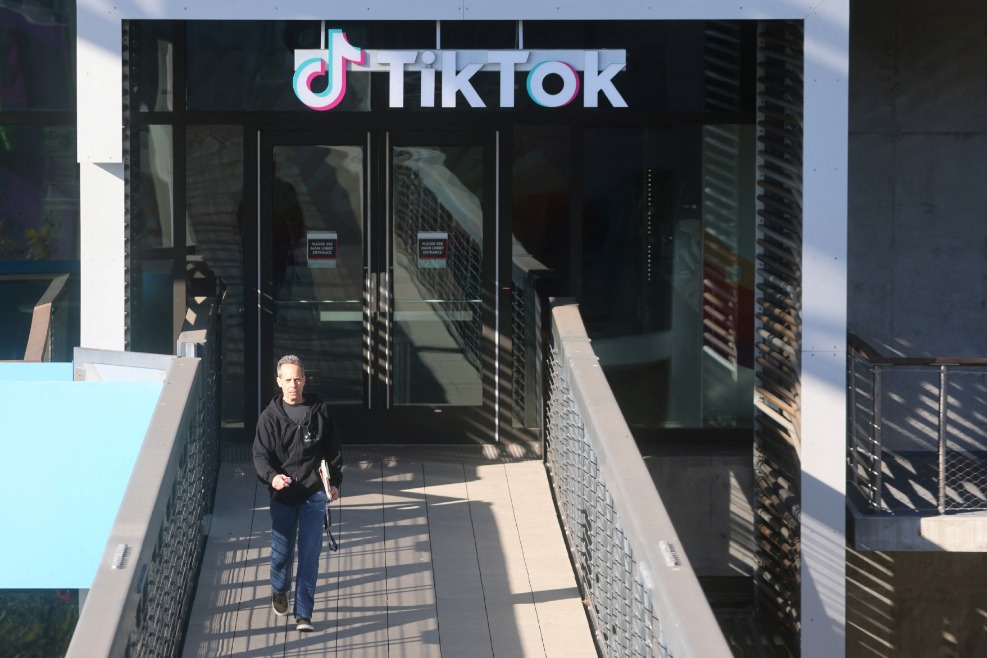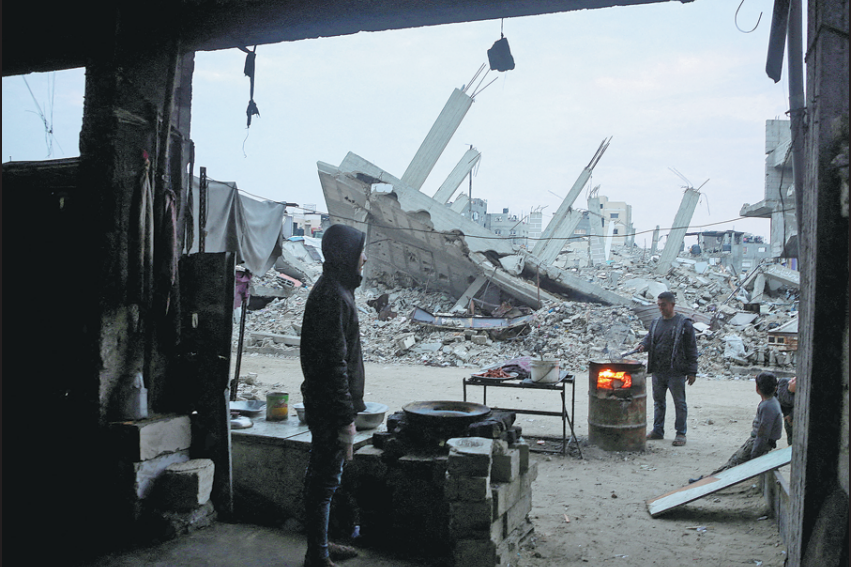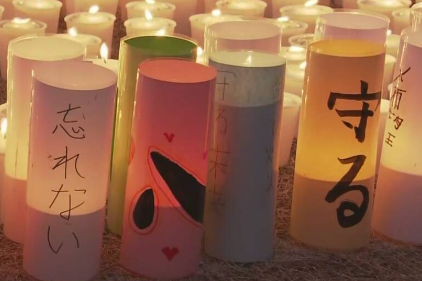France to impose curfew to stem 2nd wave of coronavirus


PARIS -- In France, one of the European countries hardest hit by the coronavirus resurgence, a curfew will be introduced in big cities and private meetings should be restricted, President Emmanuel Macron ordered on Wednesday.
In his first major TV appearance since July, Macron rang the alarm bell on "a dangerous virus which starts off again and spreads rapidly in Europe and France" while reassuring that the second wave remained under control.
"We have not lost control. We are in a situation which is worrying and which justifies that we are neither inactive nor in panic. We learned from the first wave," Macron told France 2 and TF1 televisions.
With the aim to reduce daily new cases to 3,500 from the current average of around 20,000, the French government opted for "measures that are pertinent" and ruled out a new round of lockdown, which Macron said would be "disproportionate".
Starting from Friday midnight, a four-week 9 pm-6 am curfew will be imposed in great Paris region and eight major cities -- Grenoble, Lille, Lyon, Aix-Marseille, Rouen, Toulouse, Montpellier and Saint-Etienne.
These regions are already on maximum alert, with bars and gyms shut down, theatres and restaurants under strict health protocol. Gatherings of more than 10 people are prohibited in public spaces such as beaches and parks.
"There will not be a traffic ban but a strict restriction of (movement) for good reasons. We will no longer go to restaurants, to party, to meet friends after 9 pm," Macron explained.
Anyone violating the curfew would be fined 135 euros ($159), and permissions will be available for those who have health emergencies and work at night, he added.
With the school mid-term holidays starting soon, Macron ruled out travel restrictions, urging citizens to remain very cautious during family gatherings that he called as "a vector of virus acceleration."
"You can go on vacation (...) But if you go with your family, with grandparents, with members of your family who are fragile, it is imperative to respect the rules," he said.
The gatherings should be limited to not more than six people in the private sphere, he added.
The French president encouraged employers to use teleworking without imposing it as was the case during lockdown. "We need companies to function, they need to have a presence at work, we need to have public services, have teachers in the classroom," he said.
He also promised that the government will adopt a testing strategy to drastically reduce the delays to have the results.
As to the tracing of infections and contacts, Macron acknowledged that the StopCovid mobile application had not worked as expected and announced that a new application would be launched on Oct 22.
"We must gradually move towards a strategy across the country, which is 'test, alert, protect' (...) We must ramp up throughout November and December to lower the daily new cases to 3,000."
"We will have it until the summer of 2021 at least with this virus," said Macron, calling the French people to keep hope and stay clear-headed and united.
"We must stop those sorts of permanent debates over the facts or the scientific truth (...) If we base ourselves on the facts, we can say 'it is serious, it is serious, let's mobilize.' The reason to hope is that we are relearning to be fully a nation," he said.
"The more each and everyone respects these rules, the more we will manage together to slow down (the virus)," he stressed.
As of Wednesday, further 22,591 positive COVID-19 cases were confirmed, up by 9,598 compared with Tuesday's. The cumulative number of infections rose to 779,063, Europe's second biggest tally after Spain.
Data released by health authorities showed additional 245 patients were admitted to hospitals, bringing the total to 9,194, of whom 1,673 needed to be put on ventilator. The coronavirus-related fatalities increased by 104 to 33,037.
In mid-March when the first wave started to overwhelm hospitals with influx of patients, the government was forced to put the population under strict lockdown to contain the outbreak. Since May restrictive rules had pushed down infections to below 1,000 before rebounding during summer holidays.
































